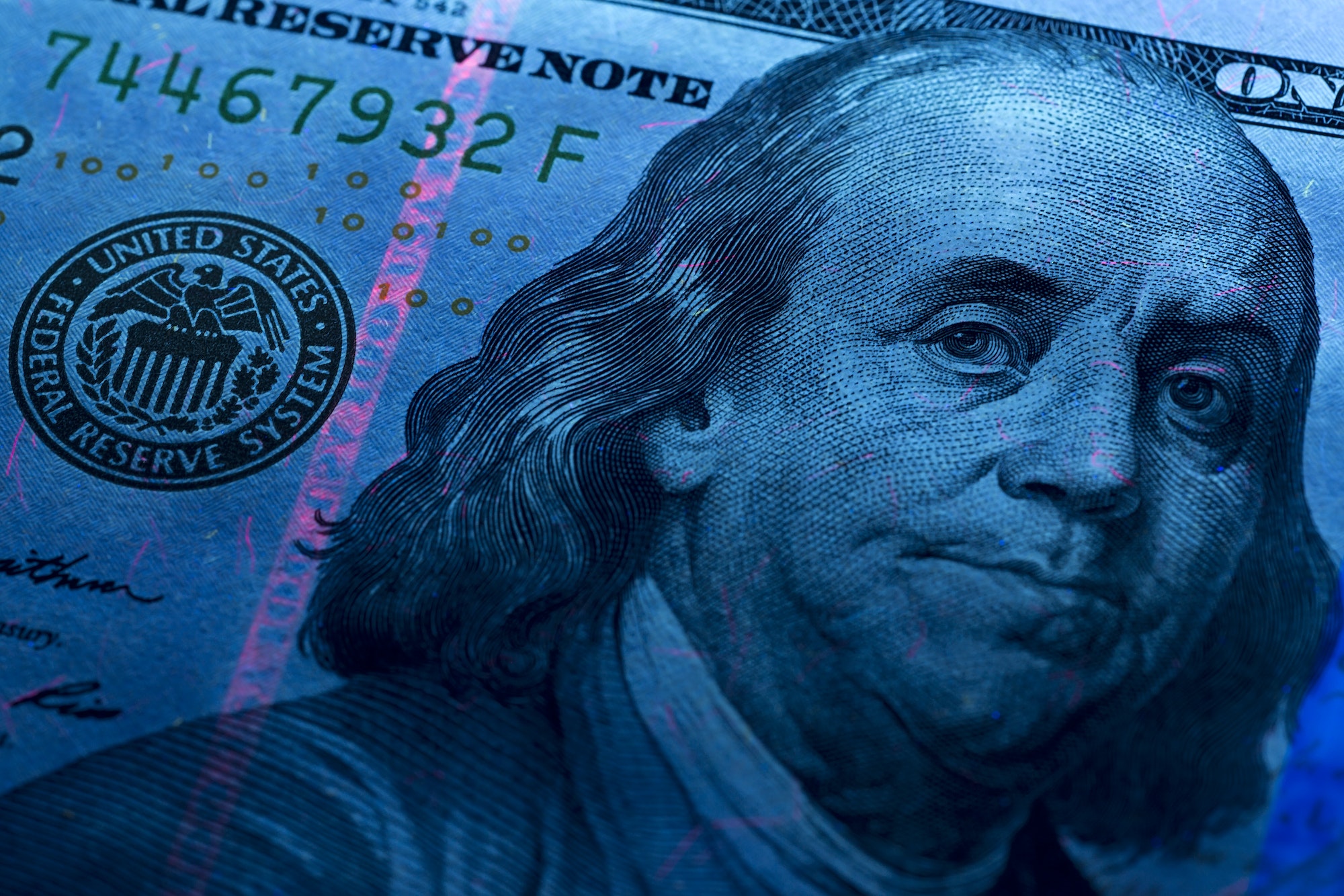

Recession-Proof Your Money With These Investments
By Annie
If you’re an American, you’ve been under attack.
Every 10 minutes in battleground states (and even some non-battleground ones), you’re bombarded with political ads, signs, and broadcasts.
Midterms are upon us.
Candidates are feverishly pushing out their home-stretch campaigns. Some are better than others. But all of them are exhausting.
Campaign ads are designed to tap into our emotions and make us feel like the politicians in them are the only ones who can fix all our problems.
Personally, I’ve never had so many people tell me how terrible my local transit system is outside of, you know, the people actually riding it.
But many of the ads are tapping into something that’s genuinely worth talking about: the economy.
The data they cite is stark:
- Food prices are up over 11% from this time last year.
- Mortgage interest rates have more than doubled in the same time frame.
- Even my local Goodwill has been raising prices.
In the meantime, our investments aren’t growing like they used to.
The S&P 500 Index (the measure we use for the health of the stock market) is down over 20% since the start of the year.
And the Vanguard ESG U.S. Stock Fund (an overall look at nearly 1,000 sustainable companies) is also down over 20% during the same time period.
At Mangrove, our strategy is to invest with our values for the long term. And we recommend that you always follow your trailing stops.
So what are responsible investors doing in this kind of climate? They’re finding other ways to protect their hard-earned dollars.
Many are turning to bonds – the latest series of I bonds are paying some of their highest yields ever.
Others are turning to certificates of deposit (CDs) – these nifty little accounts generally pay more than the average savings account, and they’re FDIC insured.
Not sure where to start with investing outside of the stock market? You’re not alone.
That’s one of the reasons my colleague and Grove editor Jay Goldberg put together our latest addition to Grove U: “Your Guide to 8 Important Asset Classes.”
He explains what those record-breaking I bonds are and exactly how you can get your hands on them.
He also talks readers through how to maximize investments in CDs.
If you’re trying to recession-proof your money, these are the spots you should focus on.
Investing in safer assets like these is helpful when times are tough, which lets you sleep well at night.
(We don’t have recommendations for ethically operating banks at Mangrove. But we’d love to hear from you about your experiences with these kinds of investments!)
Our goal, as I said, is to invest for the long term. And that means we’re going to see ups and downs.
We’ll go through many more Midterms Madness Months and economic cycles. And we want to make sure your money is in good hands and invested with your values.
So check out Jay’s asset breakdown. And as of next week, midterms will be over, and we can finally go back to worrying about transit from the comfort of our train seats.
Now, onto the news…
Numbers to Know
7.08%
The rate on the average 30-year fixed mortgage, according to Freddie Mac. It’s the first time mortgage rates have surpassed 7% since April 2002. Rates have jumped 3.86 percentage points since the start of 2022, the largest year-to-date increase in over 50 years. (Yahoo Finance)
1,242 miles
The range of Volkswagen’s hydrogen car on a single tank. The European automaker quietly filed a patent for the technology together with German startup Kraftwerk Tubes. Kraftwerk plans to build 10,000 hydrogen cars by 2026. (Ruetir)
$700 billion
The market value Facebook shares have lost since CEO Mark Zuckerberg announced in October 2021 that the company was changing its name to Meta Platforms. The stock tumbled 24% last week following an earnings report that one Wall Street analyst described as a “train wreck.” (CBS News)
What’s New in Sustainable Investing
EU approves ban on new fossil fuel cars in 2035
Negotiators from the European Union countries, the European Parliament, and the European Commission agreed last week that automakers must achieve a 100% cut in CO2 emissions by 2035. The deal also includes a 55% cut in CO2 emissions for new cars sold from 2030 to 2034. (Reuters)
Global watchdog says Ukraine war will boost renewables transition
Russia’s invasion of Ukraine will accelerate the transition from fossil fuels toward renewables, says the International Energy Agency. The group forecasts coal use falling within the next few years, natural gas demand peaking by this decade’s end, and oil demand leveling off by the mid-2030s. (ENR)
Links We Like
“Thanks to astonishing declines in the price of renewables, a truly global political mobilization, a clearer picture of the energy future, and serious policy focus from world leaders, we have cut expected warming almost in half in just five years.” (The New York Times)
“A scientific study suggests the greenhouse gas emissions used in the production of plant-based milks are lower than for dairy milk. But which milk has the smallest impact on the planet?” (BBC)
“With the threat of rising sea levels hanging over the resort islands of the Maldives, the country’s hospitality industry is continually seeking out new ways to operate as sustainably as possible.” (CNN)


